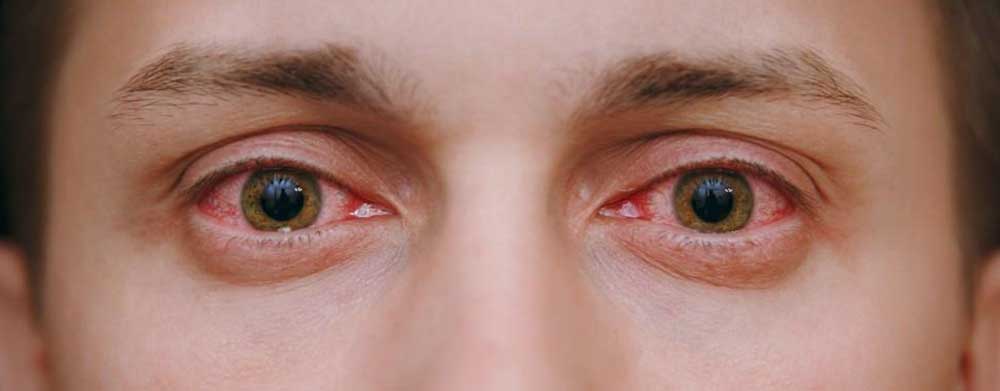
Suffering from chronic red eyes?
Signs that you may have uveitis
-
Painful red eye
-
Watery eyes
-
Mild to severe blurring of vision
-
Light sensitivity
-
Multiple episodes of the same symptoms
Treatment options for uveitis
Anti-inflammatory eye drops
-
These eye drops help to reduce inflammation, prevent further damage to the eye and help relieve pain and discomfort associated with uveitis.
-
The treatment duration can range from several weeks to several months depending on the severity.
Oral medications
-
Oral medications such as corticosteroids and immunosuppressants may be prescribed to treat uveitis in severe cases or when eye drops alone are not effective.
-
These medications require close monitoring by a healthcare provider.
Intraocular injections
-
In some cases, an injection of corticosteroids or other anti-inflammatory medications directly into the eye may be recommended to treat uveitis.
-
The effect of the drug is sustained over a few months.
Implantable devicess
-
Implantable devices such as sustained-release implants and drug-eluting contact lenses are being studied as potential treatments for uveitis.
-
These devices slowly release medications into the eye, providing long-lasting relief from inflammation.
Pars plana vitrectomy
-
In some cases, uveitis can cause vision-threatening complications such as retinal detachment or vitreous opacities.
-
In such cases, a surgical procedure called pars plana vitrectomy may be recommended.
-
During this procedure, the surgeon removes the vitreous gel from the eye and replaces it with a clear saline solution.
